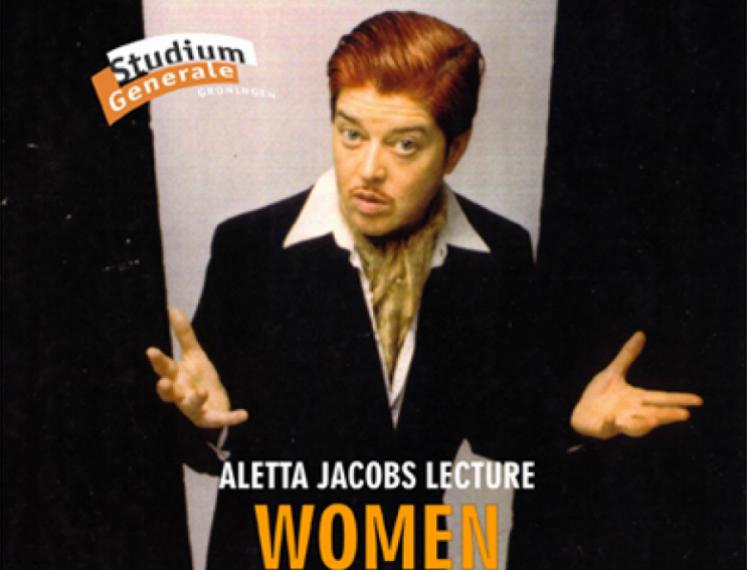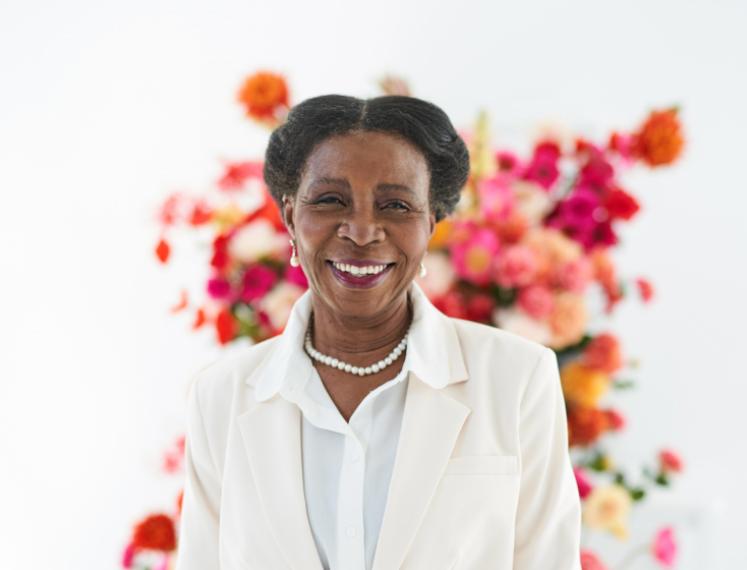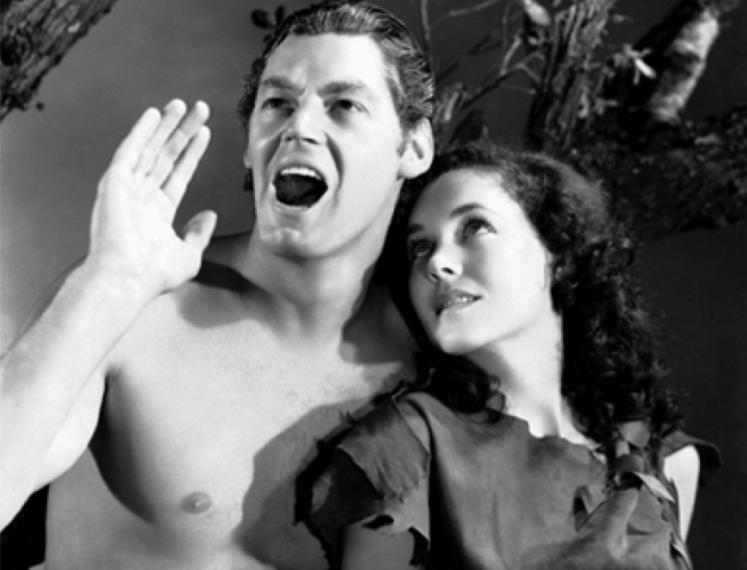Women Performing Men
What would happen if women could adopt a male role? What would happen if women intercepted their so-called “normal” female behaviour by adopting a male role, and thereby discovered new responses?
Have you ever wondered when observing men in your surroundings how men “get away” with certain behaviours that would be considered undesirable or socially unacceptable in women? What would happen if women intercepted their so-called “normal” female behaviour by adopting a male role, and thereby discovered new responses? Think about how that would change the process of buying a car - as a woman, it is generally assumed that you know nothing about cars, and car dealers generally reflect that attitude.
What distinguishes ‘maleness’? In the eyes of most it is probably still the penis and yet men do not go around flashing their members to legitimize their privileged status in the world! They rely on performative stereotypes for their manhood, on markers of male masculinity.
As Diane Torr will demonstrate in her lecture-performance, Women Performing Men, all of these can be appropriated and performed equally well by women with a little rehearsal. Since 1990 Diane Torr has taught workshops around the world in which hundreds of ordinary women learn how to pass as men. This cultural subterfuge appeals to participants for many different reasons: personal confidence-building, gender subversion, trans-curiosity, or simply the appeal of disguise and role play. Performing the role of a man creates the opportunity for women to discover new behaviours and expand the role of what it means to be a "woman". How does it change you? And how does it change the ways others respond?
Diane Torr is an interdisciplinary artist. She has a Masters Degree in Fine Art from Bard College, New York, and is a fellow of the Whitney Museum Independent Study Program. Her performance work explores notions of gender and the erotic, and focuses on strategies to reinvent the narratives of sex and gender. She has taught Man for a Day Workshops in over 20 cities, including London, Istanbul, Helsinki, Berlin, Lisbon, Zurich, New York, Chicago, Brasilia and New Delhi. Diane’s book, Sex, Drag and Male Roles; Investigating Gender as Performance and co-authored by Stephen Bottoms is published by University of Michigan Press. A feature film on her work, Man for a Day, by Berlin filmmaker, Katarina Peters, premiered at the Berlinale Film Festival in 2012 and is now on theatrical release.
Saskia Wieringa will give a critical reflection on gender roles in cross-cultural perspective. Wieringa occupies the chair of Gender and Women’s Same-sex Relations Cross culturally at the University of Amsterdam and has published widely on sexual politics in Indonesia, women's empowerment and women's same-sex relations globally. She is the managing director of Aletta, the International Archives for the Women's Movement. Aletta aims to inspire, to expand knowledge on the position of women and to promote research in this area.
Aletta Jacobs Lecture
In 1871 Aletta Jacobs (1854-1929) was the first female student admitted to a Dutch university. She studied medicine at the University of Groningen and graduated on March 8, 1879. Since 1982, Studium Generale Groningen organizes the Aletta JAcobs Lecture as a tribute to her person and work.
Interesting links
Website Diane Torr
YouTube: Trailer Man for a Day
Book: Sex, Drag and Male Roles






